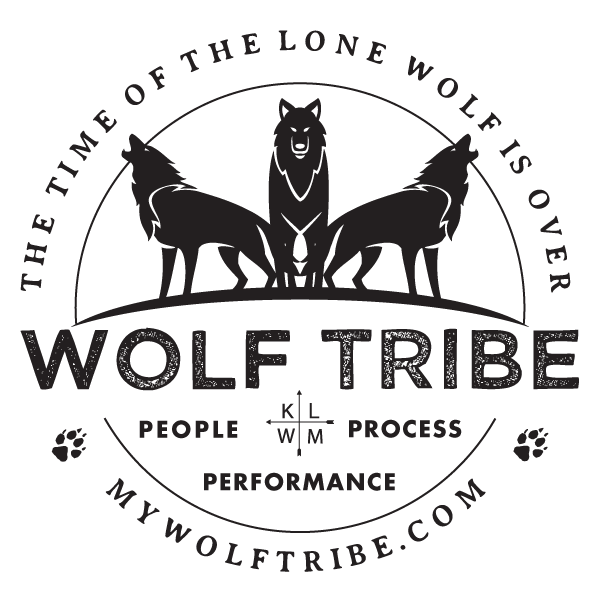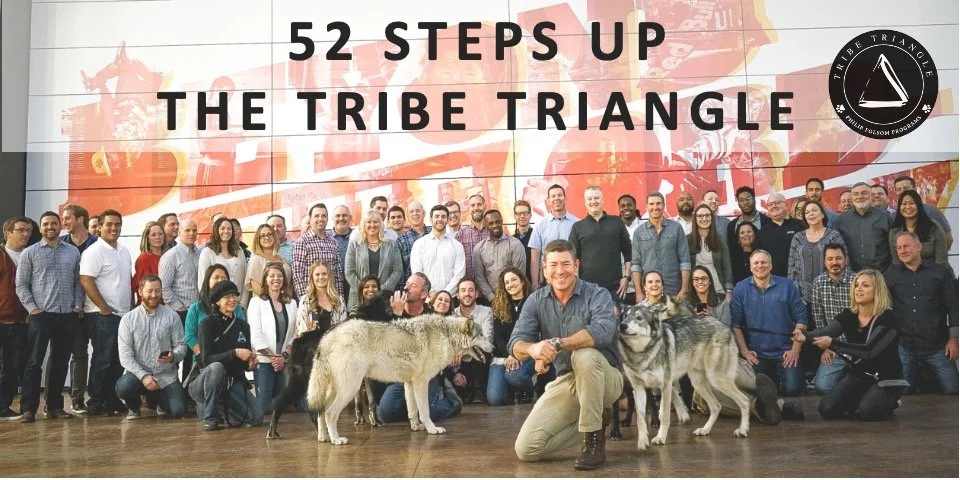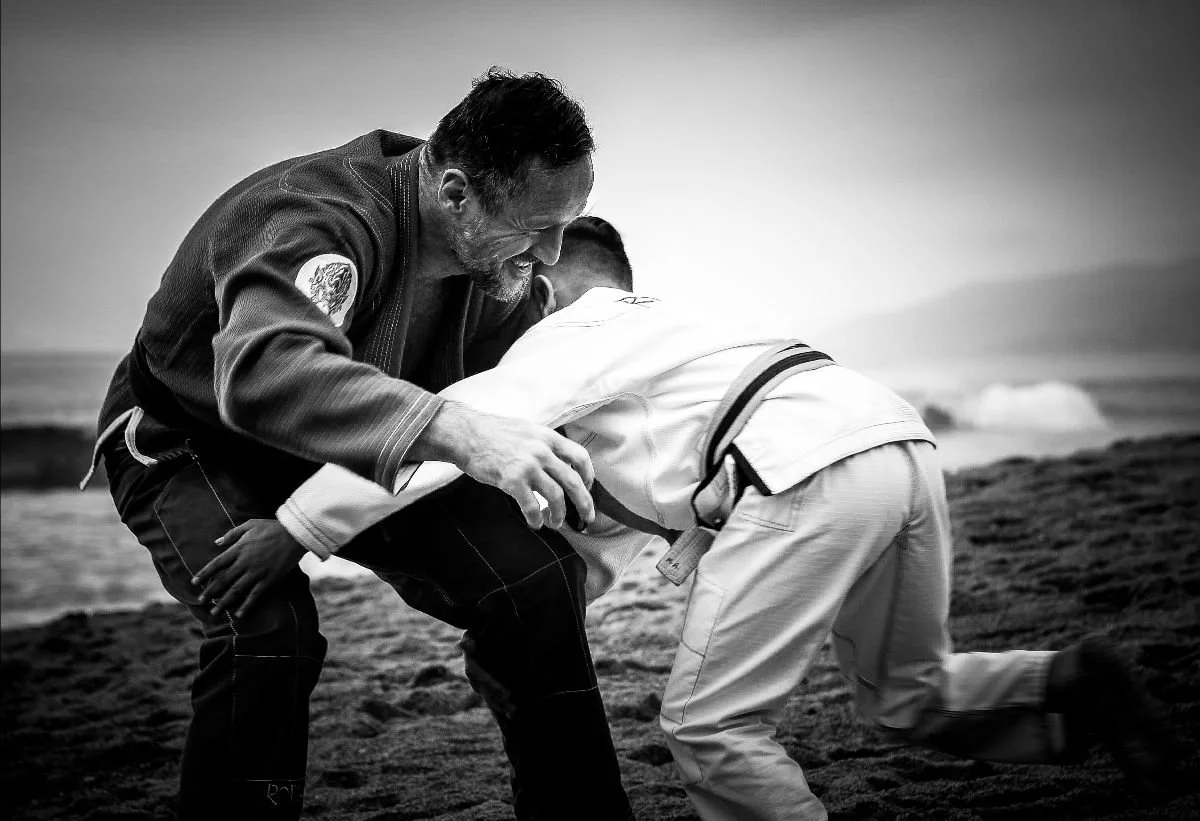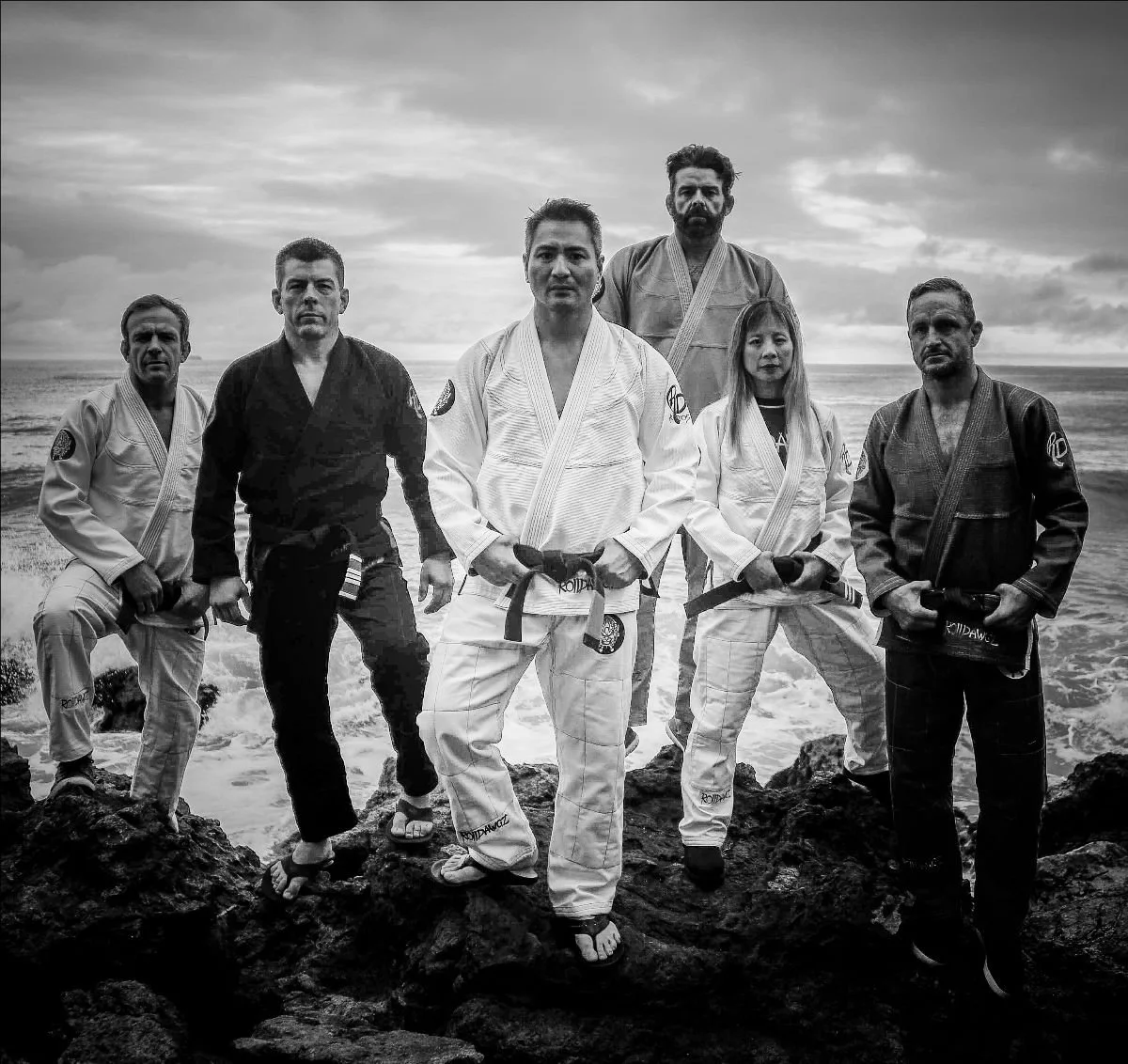Step 33 Up the Tribe Triangle: Reclaiming Competition
“Competition is the best form of motivation.”
-Cordae
At some point in your personal and professional journey you will need to get in the arena and compete. This may be for a position, market share or sales. This journey into competition carries a tremendous energy for overall improvement but also contains the potential for damage if not handled intentionally and skillfully.
Competitive environments and industries demand that the customer’s needs or concerns are met and this pressure drives innovation and improvements in quality of products and services. Competition is also a primary driver of many other components of sustainable success including improved systems that increase efficiency. The need to compete is the mother of all forms of invention and innovation. Creativity is not competitive but innovation is.
Along with the internal organizational upgrades that competition brings to your organization or family, there is also an undeniable benefit to society overall. When organizations compete it brings increased reliability, lower prices and drives innovation which benefits everyone. Others win when we progress and compete. This is capitalism.
“No competition, no progress.”
-Bela Karolyi
In addition to improvements of products and procedures, competition also drives a deeper understanding about ourselves, our brand and our careers. To be successful in competition, we will be driven to research and deepen our knowledge of not only our services and products but our competition as well.
Competition forces an honest inventory and assessment of your own culture including every aspect of the Tribe Triangle. Struggle will force clarity of your shared vision, the efficacy of your shared values and the way you conduct your shared missions.
Competition will test and clarify every aspect of you as a leader and the culture you create. This exploration of who you are and what your culture is will be your ultimate competitive advantage as well as your legacy.
"Know thy enemy and know yourself; in a hundred battles, you will never be defeated. When you are ignorant of the enemy but know yourself, your chances of winning or losing are equal. If ignorant both of your enemy and of yourself, you are sure to be defeated in every battle."
-Sun Tzu
Competition is the great driver of improvement in all areas but it comes at a cost including increased stress which leads to a host of negative mental, emotional and physical challenges. The pressures of internal competition can also threaten the integrity of your entire culture. Not managing competition skillfully can lead to an erosion of transparency, communication and organizational values. When competition trumps collaboration you should immediately stop, redirect and recommit to your pillars of culture.
Collaboration is better than competition because it’s a win-win for everyone in the arena and opens up the potential for alliances and sustainable success instead of short-term success. There will almost always be some sort of blow back when competing because when we are playing to win then someone must lose. Dealing with loss is always hard but not always necessary if you explore all avenues of collaboration first.
A good guiding principle for the distinction between collaboration and competition is to always cooperate internally and compete externally. Where is that incredibly important line between us and them? How much control do you have over where that line is drawn? You may discover that you have more control over collaboration, cooperation and alliances than you think.
“Don’t fight a battle if you don’t gain anything by winning.”
-George S. Patton
Click here To watch the video of Step 33: Reclaming Competition
Leaders Must Write and Speak
Answer these questions in your journal by really writing them down. Discuss them with at least one of your most important people and really listen to their response.
Collaboration makes us better, but competition makes us faster. What is a project in your family or organization that is moving too slowly?
Competition will accelerate this project. How can you implement healthy competition to facilitate this growth? Who is your competition?
In your existing competition, where does the opportunity to collaborate or form an alliance exist?
What is the cost and benefit from that cooperation? What is the next step towards it?
Ubuntu,
Philip Folsom






